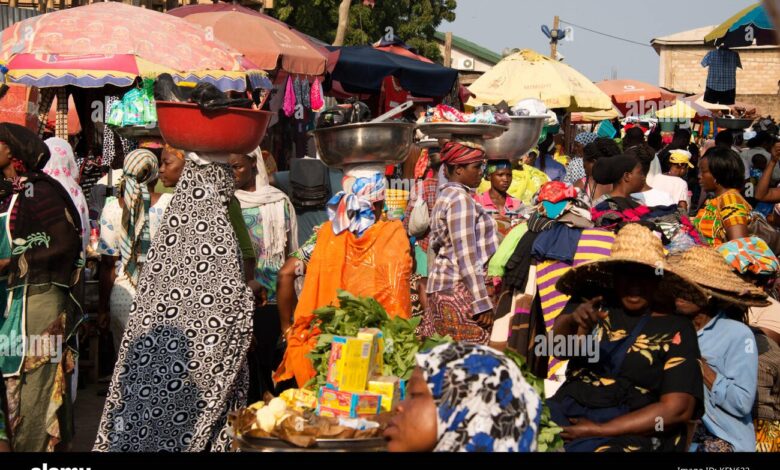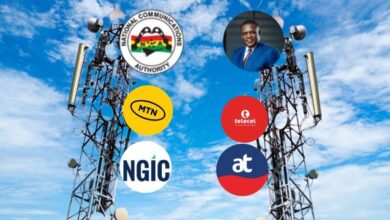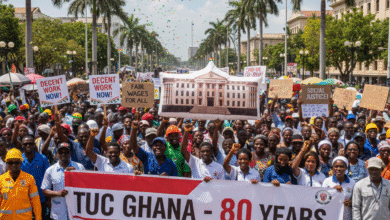Ghana’s economic performance: Positive indicators amidst global challenges

By Dr Kofi AMPONSAH-BEDIAKO
Ghana’s economic landscape is showing promising signs of recovery and growth despite the significant challenges posed by the COVID-19 pandemic and the ongoing Russian-Ukraine conflict. These global events have had a profound impact on economies worldwide, including Ghana’s, leading to tough economic conditions. However, the government’s proactive measures have begun to stabilize the economy and set the stage for future growth.

The current macroeconomic environment in Ghana remains stable, a positive development for the country. Ghana’s economy demonstrated a 4.7% overall Real GDP growth in the first quarter of 2024, indicating a stabilizing economic landscape. This growth is a testament to the government’s efforts to address economic challenges and create a conducive environment for progress.
Inflation in Ghana is on a decline, contributing to improved economic welfare. Although not yet at the desired level, the reduction in inflation rates and the stabilization of the Cedi since 2023 are encouraging signs of economic resilience. The Gross International Reserves (GIR) have also improved, covering three months of imports as of April 2024, which is a significant milestone for the country.
Interest rates are falling, with the 91-Day treasury bill rate decreasing from 29.4% at the end of 2023 to 25.7%. This reduction in interest rates is another indication of improving economic conditions, which is expected to yield positive results over time.
Ghana’s primary fiscal balance improved by over 4 percentage points of GDP in 2023, further illustrating the country’s progress towards economic recovery. This achievement has garnered international recognition and confidence, with the International Monetary Fund (IMF) Executive Board approving the 2nd Review of Ghana’s program on June 28, 2024.
The agreement to restructure legacy arrears and Power Purchase Agreements (PPAs) with Independent Power Producers (IPPs) is set to provide fiscal relief and savings. This fiscal space is crucial for the country to operate effectively and manage the current economic challenges.
Moreover, Ghana has reached an agreement with the Official Creditor Committee (OCC) to restructure official bilateral loans totaling $5.1 billion, significantly reducing the country’s debt burden and facilitating economic recovery. The restructuring of Eurobonds amounting to $13.1 billion, with a debt cancellation of approximately $4.7 billion, is another critical step towards economic stabilization and growth.
In conclusion, the Ghanaian government has implemented effective strategies to stabilize the economy and pave the way for future growth. These measures, supported by international bodies and organizations, have positioned Ghana favorably on the path to economic recovery. It is crucial for all Ghanaians, regardless of political affiliation, to support these efforts to ensure continued progress and improved economic conditions for all.




